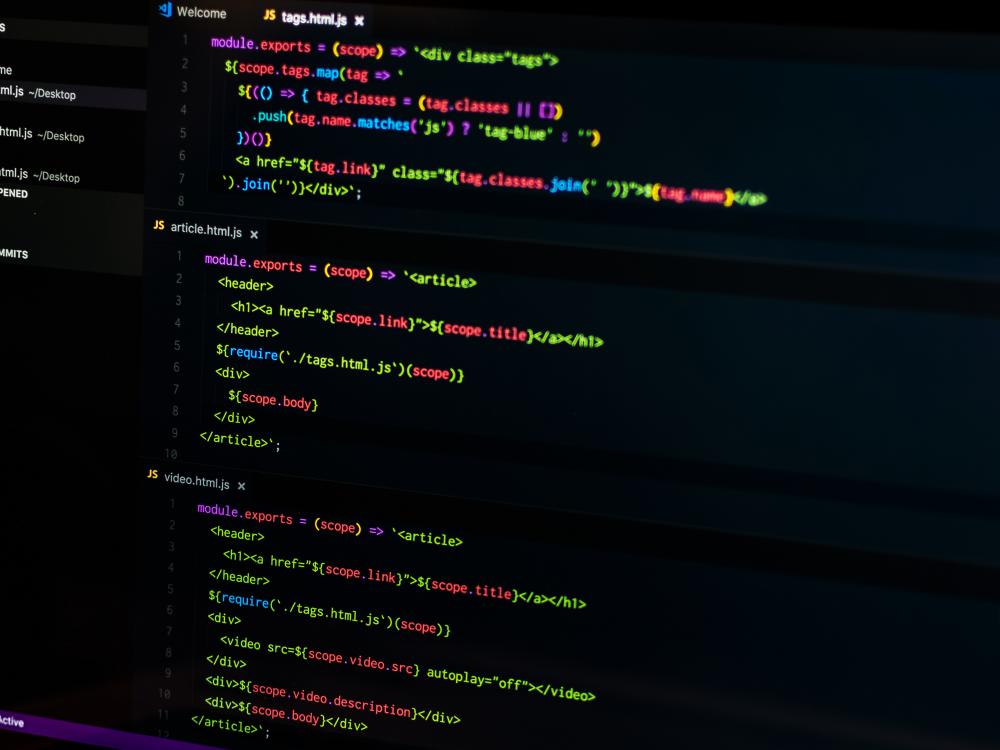Exploring the Essential Tools for AI Engineers
Gone are the days when artificial intelligence (AI) was considered a futuristic concept. Today, AI has become an integral part of numerous industries, revolutionizing the way we live and work. we strive to leverage cutting-edge tools that empower us to build innovative solutions. In this article, we will dive into the world of AI engineering and explore the essential tools that fuel our creativity and drive our success.
1. Python

Our programming language of choice is Python. Its simplicity, versatility, and vast collection of libraries make it ideal for developing AI applications. With popular frameworks like TensorFlow and PyTorch built on top of Python, we can efficiently design and train deep learning models. The rich ecosystem of Python libraries such as NumPy, Pandas, and Matplotlib further enhance our ability to process data and visualize results.
2. Jupyter Notebook
Jupyter Notebook is an indispensable tool in our toolkit. It provides an interactive coding environment where we can write and execute code, visualize data, and document our analysis in a single document. The notebook format allows us to present our work collaboratively, making it easier to share insights with team members or stakeholders.
3. TensorFlow

TensorFlow is a powerful open-source library for numerical computation that excels at building machine learning models. With its comprehensive set of APIs, TensorFlow enables us to create complex neural networks effortlessly. From image recognition to natural language processing, TensorFlow empowers us to tackle diverse AI tasks effectively.
4. PyTorch
PyTorch is another popular deep learning framework that deserves mention in our arsenal of tools. Renowned for its dynamic computational graph, PyTorch offers flexibility and ease of use. It allows us to define and modify models on the fly, making experimentation and research more seamless. Many AI engineers prefer PyTorch for its intuitive interface and excellent community support.
5. Docker
Containerization has become essential in modern software development, and Docker is our go-to tool for creating lightweight, portable environments. With Docker, we can package our AI applications along with their dependencies into containers, ensuring consistency across different platforms and simplifying deployment. This enables smooth collaboration with DevOps teams and ensures our solutions run seamlessly in production.
6. Apache Spark
When dealing with big data processing or distributed computing, Apache Spark comes to our rescue. This powerful framework allows us to perform complex analytics tasks at scale by distributing computations across multiple machines. With its unified API for various programming languages like Python and Scala, we can leverage Spark's speed and efficiency to process large datasets efficiently.
7. Scikit-learn
Scikit-learn is a versatile machine learning library that provides a wide range of algorithms and utilities for AI engineers. From classification to regression, clustering to dimensionality reduction, Scikit-learn equips us with the tools needed to build robust ML models quickly. Its user-friendly interface makes it an excellent choice for both beginners and experts alike.
A successful AI engineer requires a diverse set of tools in their repertoire. From Python's simplicity to TensorFlow's power, each tool plays a vital role in shaping innovative AI solutions.
By harnessing the power of Python programming language along with libraries like TensorFlow and PyTorch, AI engineers can develop advanced machine learning models with ease.
Jupyter Notebook, Docker, Apache Spark, and Scikit-learn further enhance our productivity, allowing us to collaborate effectively, deploy applications seamlessly, and process big data efficiently.
we are committed to staying at the forefront of technological advancements and leveraging these tools to push the boundaries of what is possible in the world of artificial intelligence.
Embracing these essential tools empowers AI engineers to unlock new possibilities and make significant contributions in diverse industries. As technology continues to evolve, we will continue exploring and adopting innovative tools that fuel our passion for AI engineering.



















